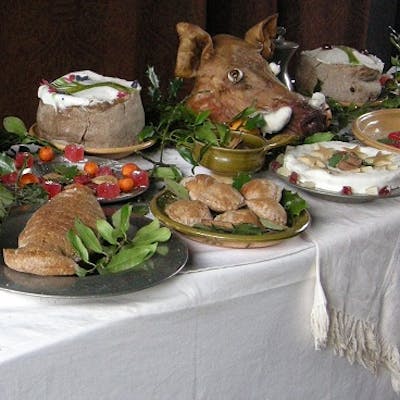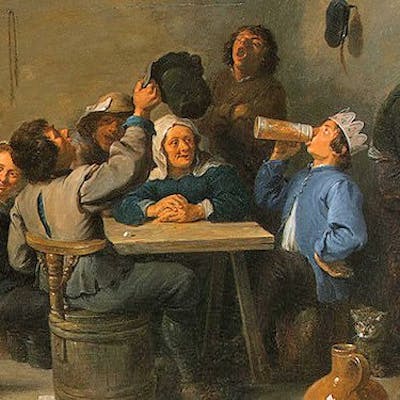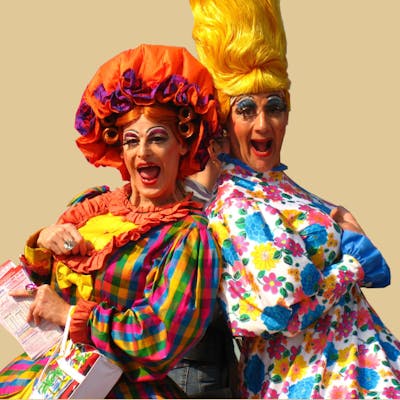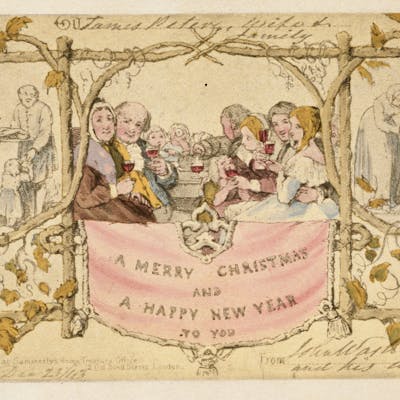
The Tudor Christmas
Christmas celebrations in the Tudor period were all about feasting and a break from the working routine. This period saw the arrival of the traditional turkey dinner.
Our weekly delve into our extensive library of fascinating facts and interesting stories has a Christmassy theme.

Christmas celebrations in the Tudor period were all about feasting and a break from the working routine. This period saw the arrival of the traditional turkey dinner.

Where does the word "Xmas" come from? It seems to be a useful abbrieviation for "Christmas", and it is sometimes said that those lazily using it are "removing the Christ from Christmas". But what is the truth of the matter?

Iconic comedy duo Morecambe and Wise reached their peak of popularity in Britain in the 1970s, having discovered the winning formula for combining theatrical variety and celebrity involvement with prime time family televison. This led to them drawing a record TV programme viewing audience of 28 million, and becoming a Christmas TV tradition.

In 1647 all Christmas celebrations were banned in England, Scotland, Wales and Ireland. Shops were told to stay open, fun and games were outlawed, and festive food and drink was confiscated by the authorities. This did not go down well...

Pantomime has its roots in 'Commedia dell'Arte', a 16th-century Italian entertainment which used dance, music, tumbling, acrobatics and featured a cast of mischievous stock characters.

We owe so many of our Christmas traditions to the Victorians. Victoria's husband Albert gave us our Christmas trees, writer Charles Dickens emphasised food and family, and Christmas cards were the idea of Sir Henry Cole.